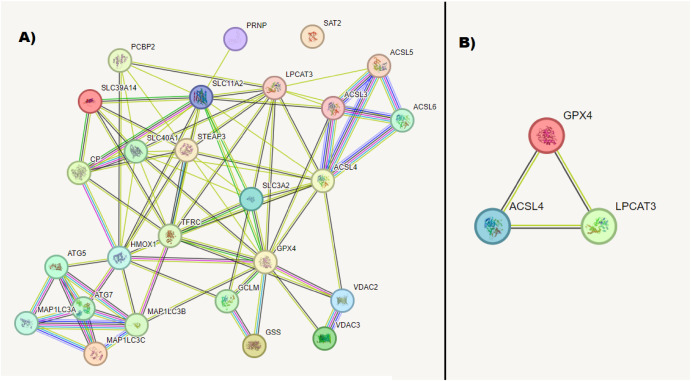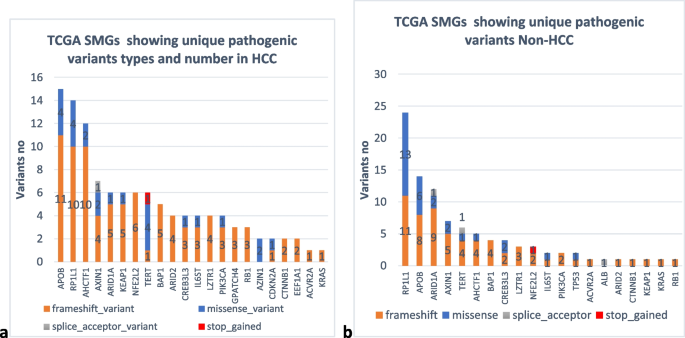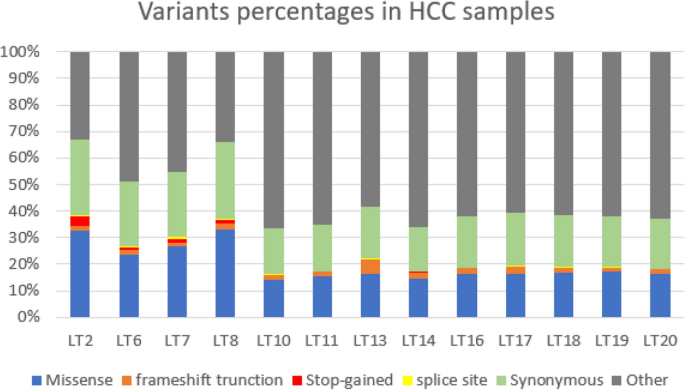
Molecular prognostic profile of egyptian HCC cases infected with hepatitis C virus
Background: Hepatocellular carcinoma (HCC) is a common and aggressive malignancy. Despite of the improvements in its treatment, HCC prognosis remains poor due to its recurrence after resection. This study provides complete genetic profile for Egyptian HCC. Genome-wide analyses were performed to identify the predictive signatures. Patients and Methods: Liver tissue was collected from 31 patients with diagnosis of HCC and gene expression levels in the tumours and their adjacent non-neoplastic tissues samples were studied by analyzing changes by microarray then correlate these with the clinico-pathological parameters. Genes were validated in an independent set by qPCR. The genomic profile was associated with genetic disorders and cancer focused on gene expression, cell cycle and cell death. Molecular profile analysis revealed cell cycle progression and arrest at G2/M, but progression to mitosis; unregulated DNA damage check-points, and apoptosis. Result: Nine hundred fifty eight transcripts out of the 25,000 studied cDNAs were differentially expressed; 503 were up-regulated and 455 were down-regulated. A total of 19 pathways were up-regulated through 27 genes and 13 pathways were down-regulated through 19 genes. Thirty-seven genes showed significant differences in their expression between HCC cases with high and low Alpha Feto Protein (AFP≥600 IU/ml). The validation for the microarray was done by real time PCR assay in which PPP3CA, ATG-5, BACE genes showed down-regulation and ABCG2, RXRA, ELOVL2, CXR3 genes showed up-regulation. cDNA microarrays showed that among the major upregulated genes in HCC are sets. Conclusion: The identified genes could provide a panel of new diagnostic and prognostic aids for HCC.



